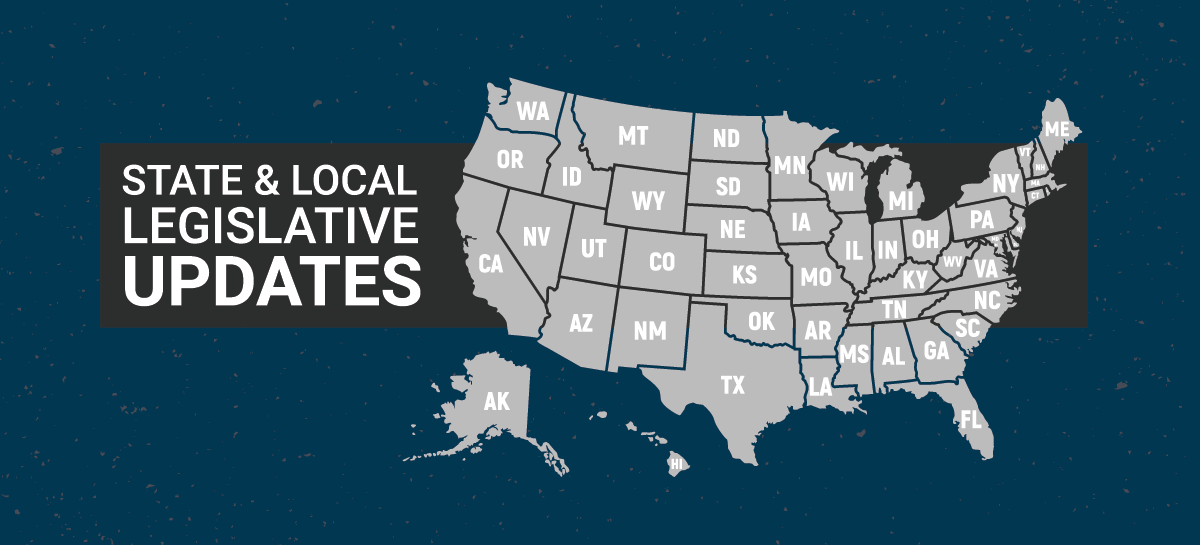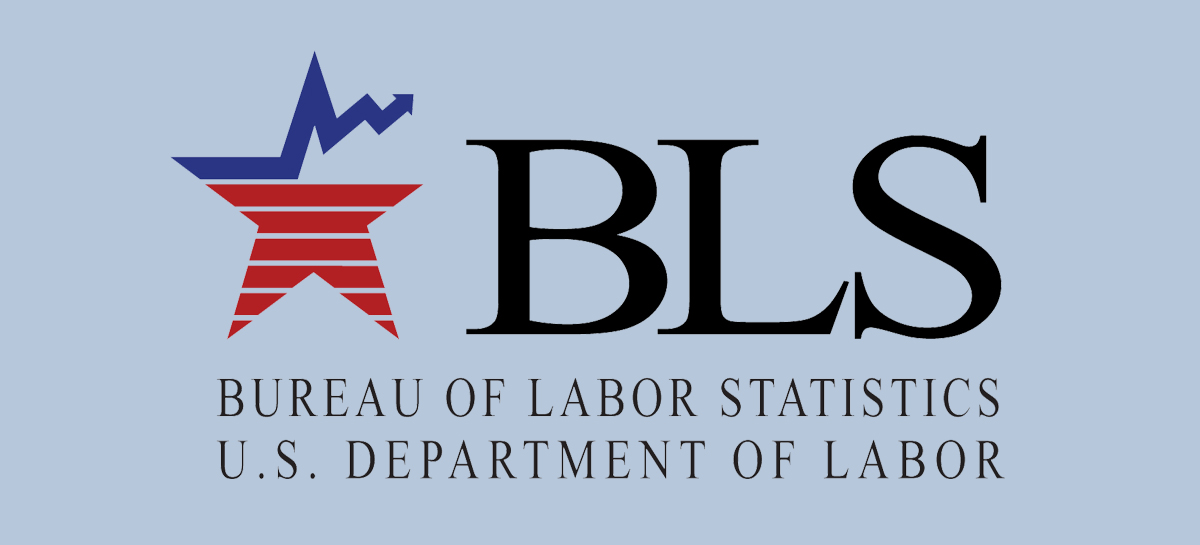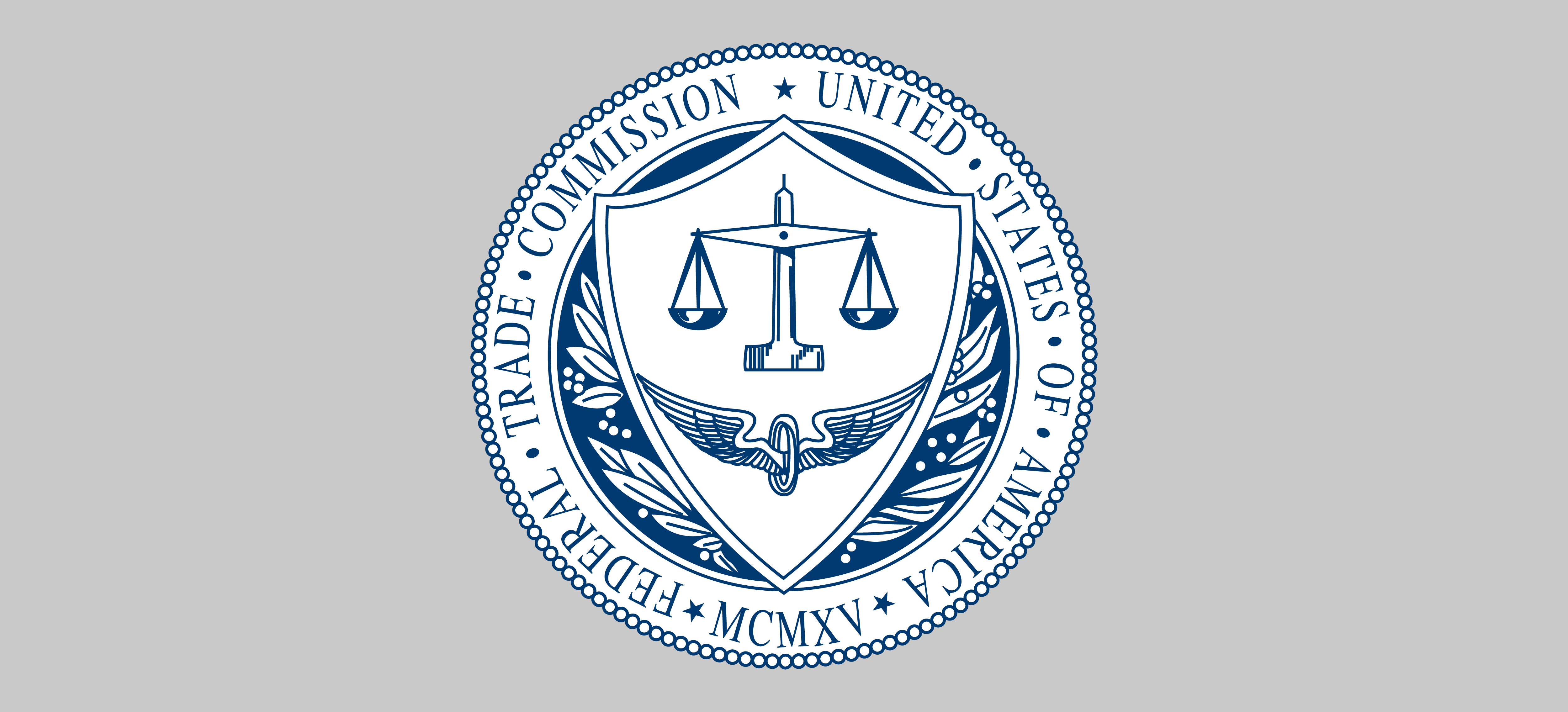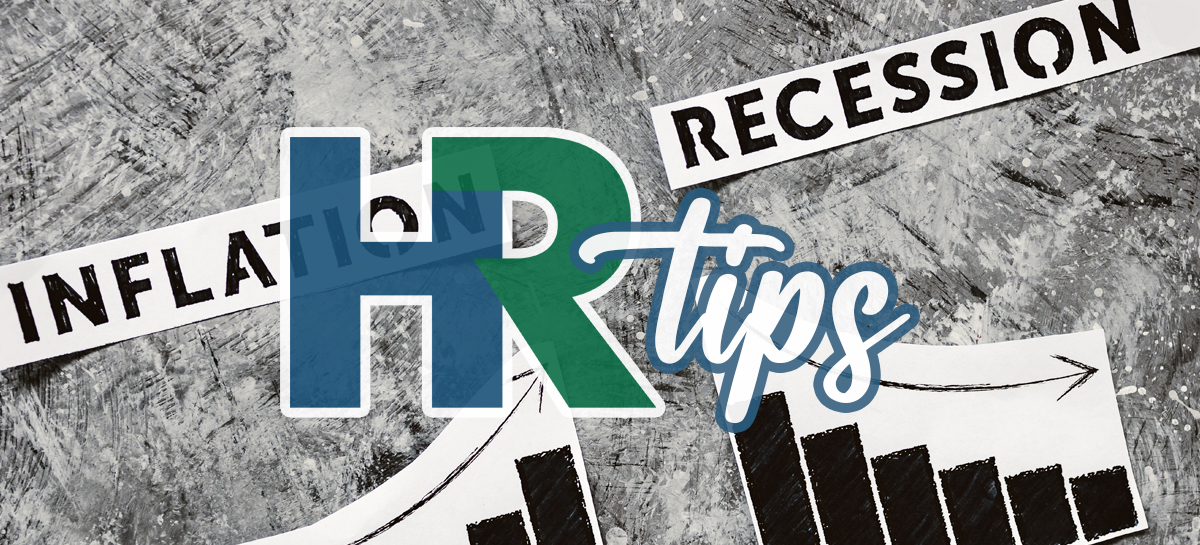
Employers are likely familiar with “quiet quitting,” where employees put no more effort into their jobs than necessary, or “quiet firing,” where employers or managers slowly pull back employees’ duties instead of outright firing them. Now, there’s another phrase gaining traction in workplaces: “quiet hiring.”
Overview of Quiet Hiring – Quiet hiring is when companies upskill existing employees and move them to new roles or give them greater job duties to fit business needs. This often happens when an employee leaves an organization, leaving their role or responsibilities open. This strategy can be an efficient, cost-effective way for employers to snag in-demand talent without going through traditional external hiring channels.







